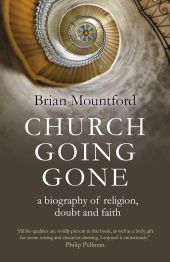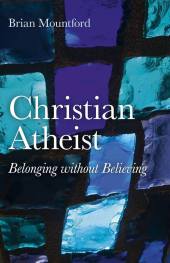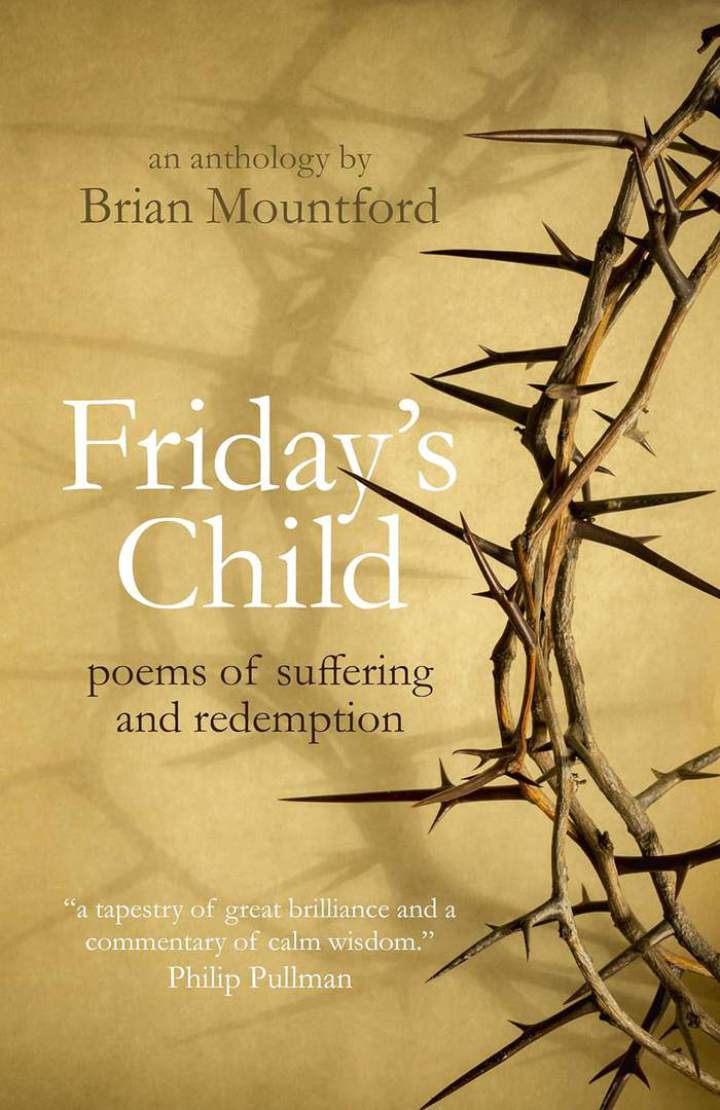Relevant Titles by Brian Mountford
Church Going Gone
a biography of religion, doubt, and faith
by Brian Mountford
In this engaging memoir, Brian Mountford traces his life as a priest through decades of societal change, from the vibrant London of the Sixties to Cambridge in the
Seventies, suburban life in the Eighties, and three decades as the Vicar of the University Church, Oxford. Packed with humor and liberal theological insights, the book explores profound questions
about God, life's meaning, sexual ethics, and the interplay between doubt and faith. Titled after Philip Larkin's poem "Church Going," it argues that despite the decline in organized religion,
spiritual curiosity endures, making the content appealing to a wide audience beyond traditional churchgoers.
Christian Athiest
by Brian Mountford
Brian Mountford delves into the phenomenon of Christian Atheism, exploring how individuals, inspired by figures like Julian Barnes and Philip Pullman, are drawn to religious aspects such as ethics, language, art, and community while rejecting metaphysical claims. Through conversations with twelve people sharing this perspective, Mountford confronts challenges posed by reason, science, doubt, and modernity to orthodox belief, offering fresh insights into Aesthetics, the Moral Compass, Doctrine, and Doubt. The book validates the Christian atheist position within the broader spectrum of Christianity, emphasizing its significance and warning the Church not to overlook this blurred boundary between atheists and religious adherents.
Friday's Child
poems of suffering and redemption
by Brian Mountford
Brian Mountford selects thirty-five poems that delve into the human experience of suffering and redemption, each accompanied by his insightful and witty commentary.
From classics like John Skelton's 'Woefully Arrayed' to unexpected choices such as Philip Larkin's 'Ambulances,' Mountford challenges narrow interpretations of the Passion of Christ by Christian apologists. Mountford contends that any earnest exploration of suffering, betrayal, and the search for meaning serves as a kind of scripture, capable of amplifying what Christians refer to as Holy Scripture.






